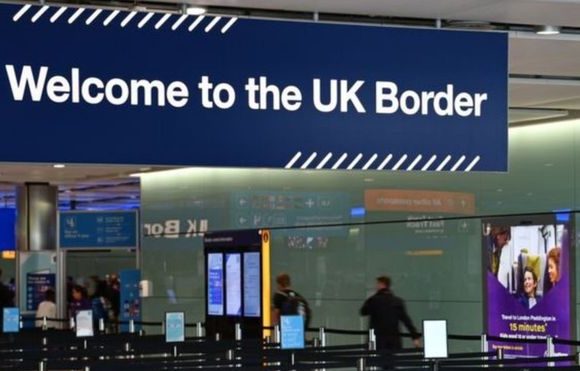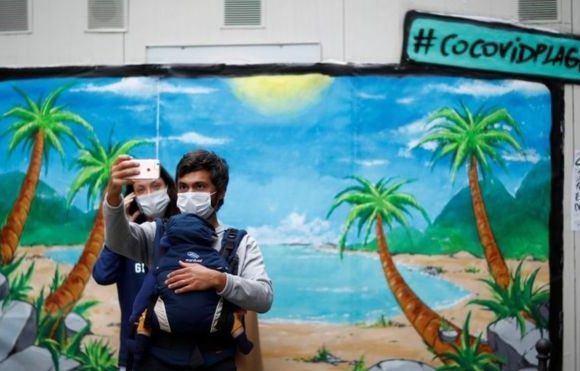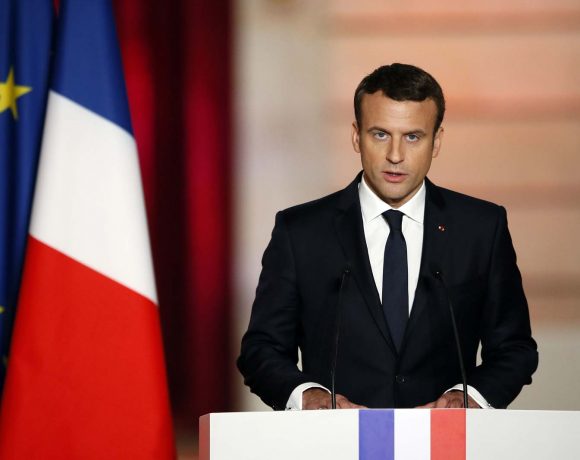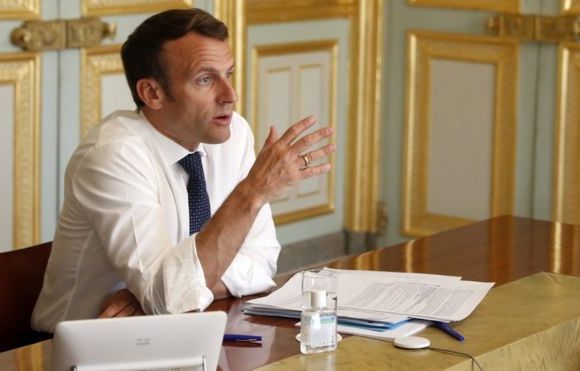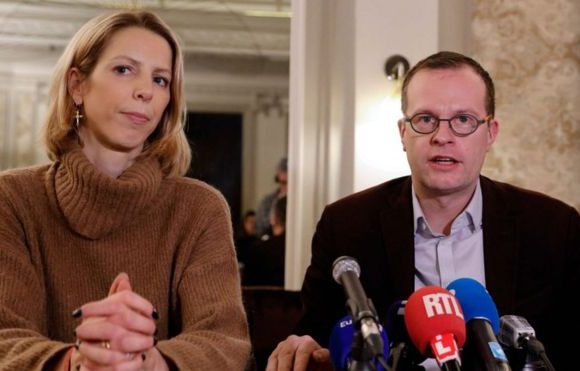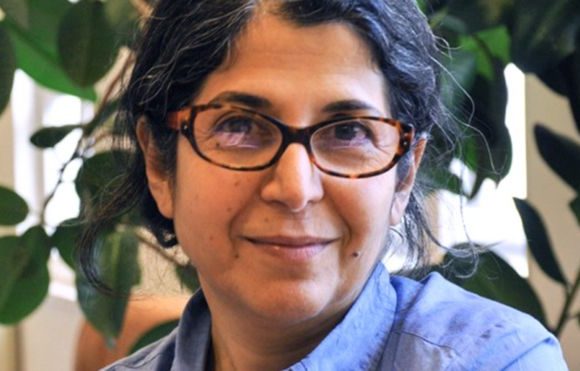
The European country of France has condemned the sentencing of a French-Iranian academic, Fariba Adelkhah, to six years in prison in Iran.
The five-year term has been handed over the charge of conspiring against national security. The additional one year has been awarded over the charge of propaganda.
The renowned academic was booked along with her colleague, Roland Marchal. Mr. Marchal is now not in the custody of Iran.
His release was achieved by France with the support of a prison swap agreement reached by the European with the Asian country.
In order to enable the release of Mr. Marchal, France had to release Jalal Rohollahnejad, the Iranian engineer who was being held over accusations that he violated US sanctions against Iran.
A huge rift has been formed between Iran and France due to the issue. The rift is likely to widen in the coming days.
Photo Courtesy: Google/ images are subject to copyright


